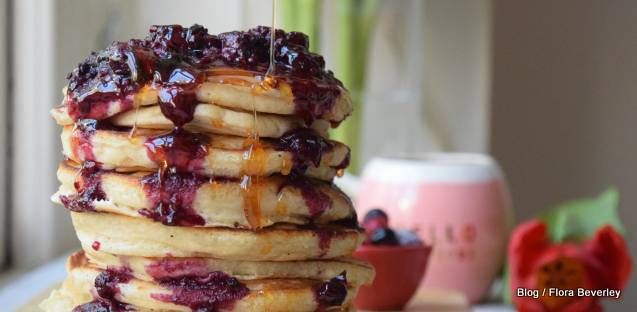They may be the food of the moment, but avocados have a slightly murkier side to them - Deputy Editor Holly Penhale explores the environmental dangers posed by our obsession with avo...
The recent surge in popularity for the once-humble avocado has been fuelled by health claims, fad diets, brunching trends and of course, their immense instagrammability. As a result, the last few years have seen the cost of the fruit soar with prices jumping from 86p per unit to £1.10 in the first half of 2016.
But whilst we’re moaning about the extortionate costs of our beloved avocado toast, others are suffering far more severe consequences as their livelihoods and local environments are at stake. It seems that the world’s favourite super-food is not as green as its flesh suggests.
Mexico provides around half of the world’s avocado supply but as a result of the increasing demand and subsequent price inflation, the country has been forced to consider importing the fruit as locals can no longer afford to buy them.
With a kilo of avocados now selling for around £3.40 – more than the daily minimum wage in Mexico – the average Mexican has cut consumption from 9kg per year to just 7.5kg. The sad reality of the avocado craze is that natives are sacrificing their own dietary staples to satisfy the needs of the rest of the world.
Whilst the so called ‘green gold’ has been a great source of wealth for many Mexican towns, their popularity has brought with it a wealth of crime in the form of drug cartels and illegal deforestation. Realising that the crop is more lucrative than many others, farmers have taken to cutting down pine trees in order to clear space for avocado saplings. In July 2016 Mexican police in Morelia arrested 13 people for illegally cutting down 260 pine trees and 87 firs for this purpose.
Aside from the criminal repercussions, environmentalists are rightfully disgruntled by the effect that deforestation will have on the local wildlife. Many species will be displaced by the destruction of their homes and with avocado orchards requiring twice as much water as dense forestland, the availability of water will become scarce serving to further endanger the local wildlife.
With the increase in demand for avos comes an increasing need for shipping crates. Largely made of wood, manufacturing them leads to further deforestation of local trees and intensifies the environmental impacts. Perhaps the most concerning figures about the unsustainable manner in which we are now consuming avocados comes from a study carried out by Carbon Footprint Ltd.
The research suggests that the footprint of a pack of two avocados amounts to 846.36g CO2 whilst one kilo of bananas, roughly 5, racks up just 480g CO2. These emissions result from irrigation, shipping, packaging and other meticulous processes which ensure success of ripening. Similarly destructive produce includes farmed salmon and bottled beer but by far the worst offender is meat with each kilo of lamb contributing 39.2kg of CO2 to the environment.
What does this mean for consumers then? As an avid avo fan I’m not for one second suggesting we banish them from our lives but there are a few things we can do to help. For example, buy loose avocados that haven’t been needlessly wrapped in plastic packaging as these are lower in CO2 emissions.
Also, if your weekly food budget means you have to sacrifice a luxury item then make it the meat. Avocados are healthier and more environmentally friendly and can be adapted to fit recipes for breakfast, lunch and dinner!
You’ll be glad to hear though that the best thing you can do is not waste them. Whilst it’s not likely that supermarkets will stop shipping in the environmental enemies any time soon, allowing them to rot simply means that all the material that went into producing it has been unnecessarily wasted. So enjoy them but don’t take for granted the sacrifices that have been made to make them accessible to you.
Featured image credit: Epigram / Holly Penhale









